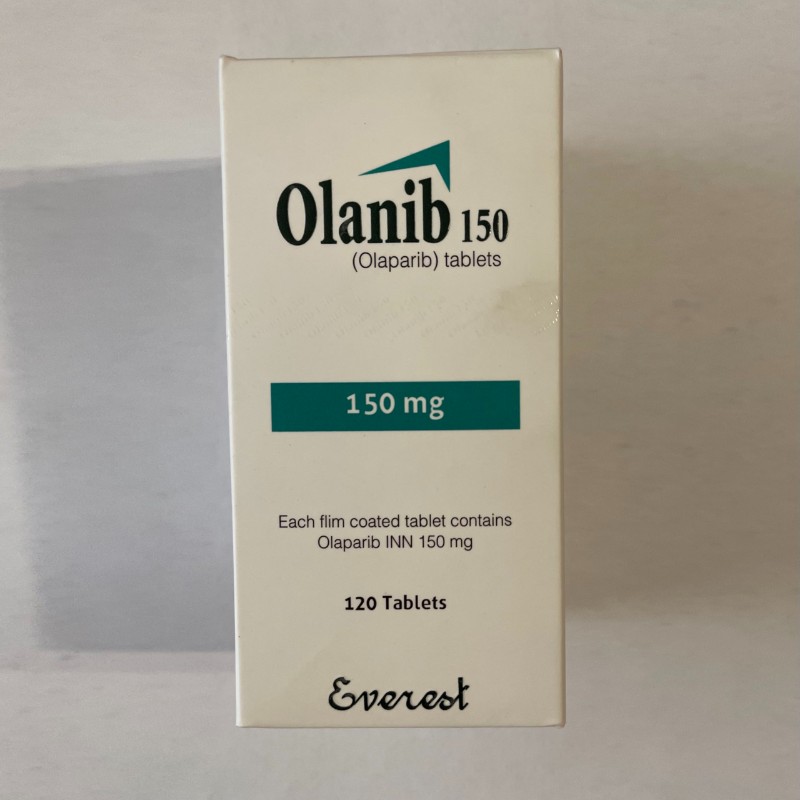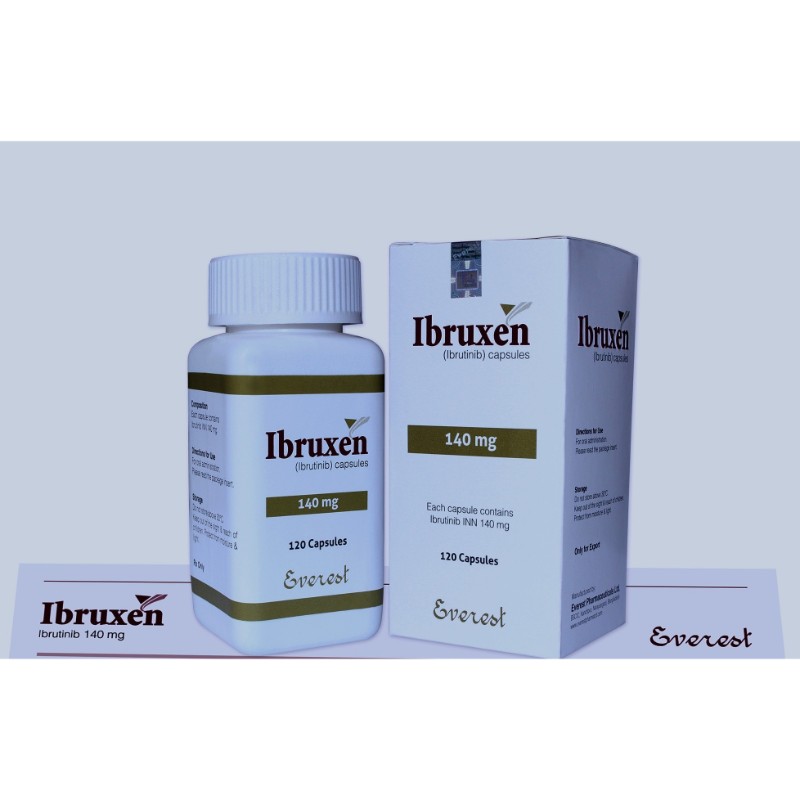Description
Gilteritinib: Targeted Therapy for FLT3-Mutated AML
Gilteritinib is a breakthrough oral medication used in the treatment of acute myeloid leukemia (AML), specifically for patients with a FLT3 gene mutation. As a targeted therapy, Gilteritinib inhibits the FLT3 enzyme, which plays a crucial role in the growth and survival of leukemia cells.
What Is Gilteritinib?
Gilteritinib, sold under the brand name Xospata, is a FLT3 inhibitor approved by the FDA for the treatment of adult patients with relapsed or refractory FLT3-mutated AML. This mutation is found in approximately 30% of AML patients and is associated with aggressive disease progression.
How Gilteritinib Works
Gilteritinib blocks the activity of mutant FLT3 receptors, slowing or stopping the proliferation of leukemia cells. Unlike traditional chemotherapy, Gilteritinib specifically targets cancer cells with minimal impact on healthy cells, potentially reducing side effects.
Key Benefits
-
Targeted therapy for FLT3-mutated AML
-
Once-daily oral tablet
-
Improved survival rates compared to standard chemotherapy
-
Fewer systemic side effects than traditional treatments
Dosage and Administration
Gilteritinib is usually taken as a daily oral tablet, with or without food. Dosage may vary based on individual response and healthcare provider recommendations. It is crucial to follow a doctor’s instructions closely for optimal treatment outcomes.
Side Effects and Precautions
Common side effects may include:
-
Fatigue
-
Elevated liver enzymes
-
Diarrhea or constipation
-
Muscle pain
-
QT prolongation (irregular heart rhythm)
Before starting Gilteritinib, patients should inform their healthcare provider about all medications they are taking and any pre-existing conditions.
Who Should Use Gilteritinib?
Gilteritinib is prescribed for adult AML patients who:
-
Have a confirmed FLT3 mutation
-
Have experienced relapse or resistance to initial AML treatments
Why Choose Gilteritinib?
Gilteritinib offers hope for AML patients with limited treatment options. Its targeted mechanism helps manage the disease more effectively, especially in cases where standard chemotherapy has failed.




Reviews
There are no reviews yet.